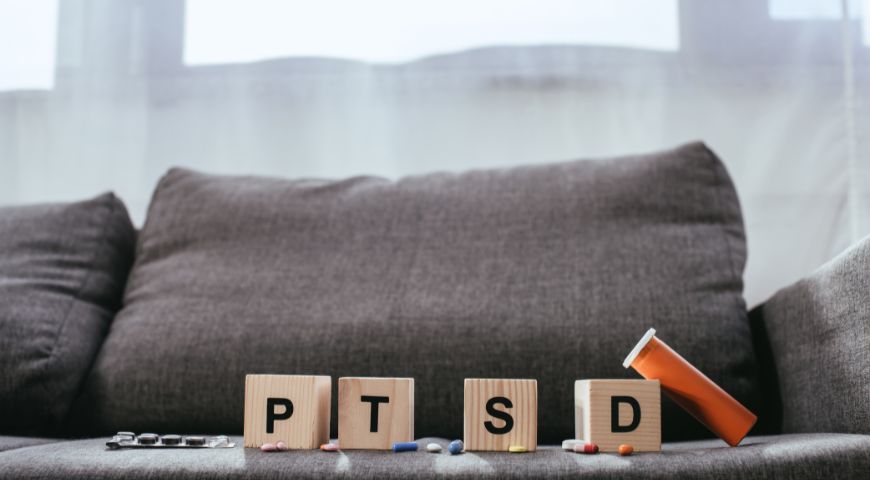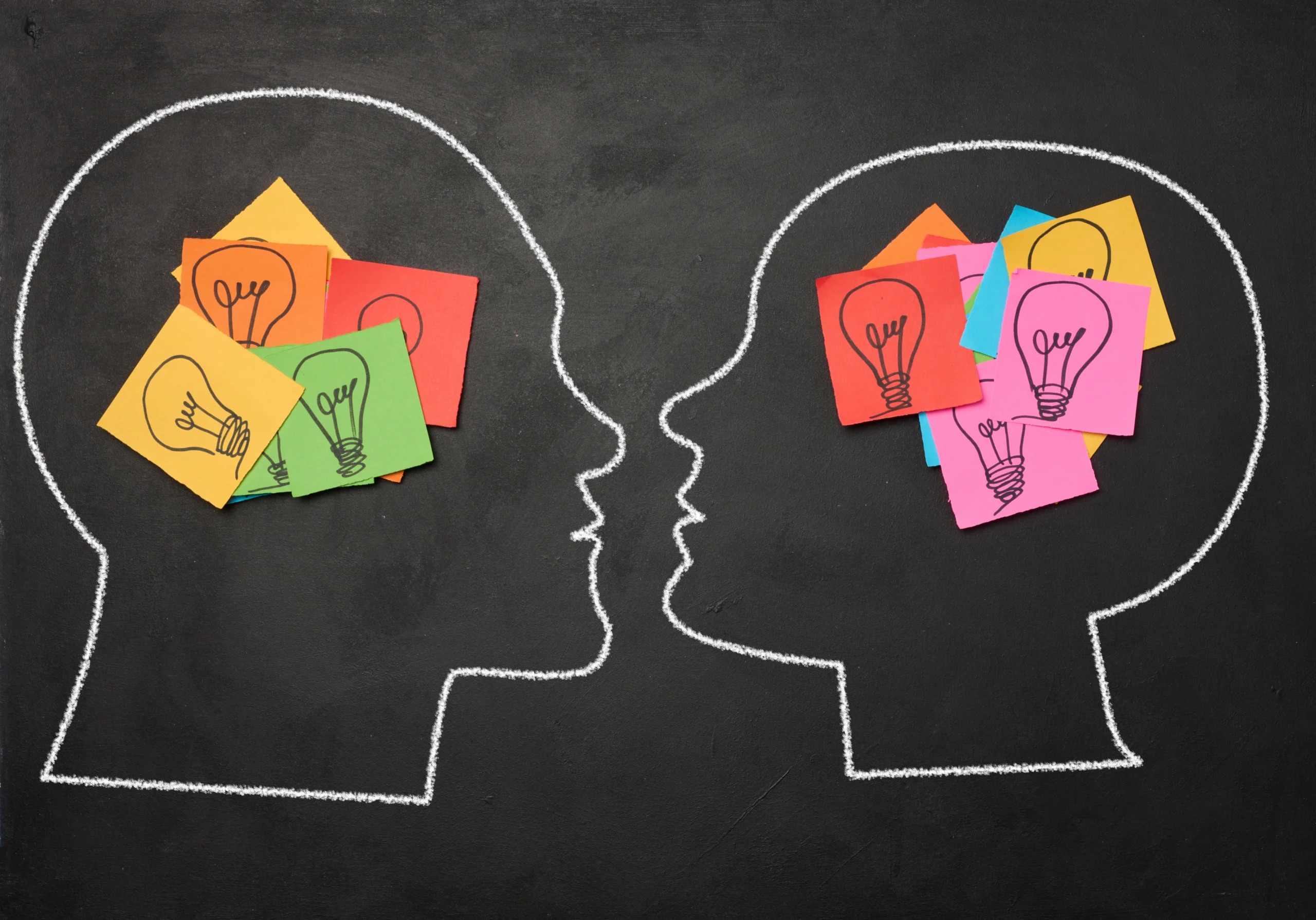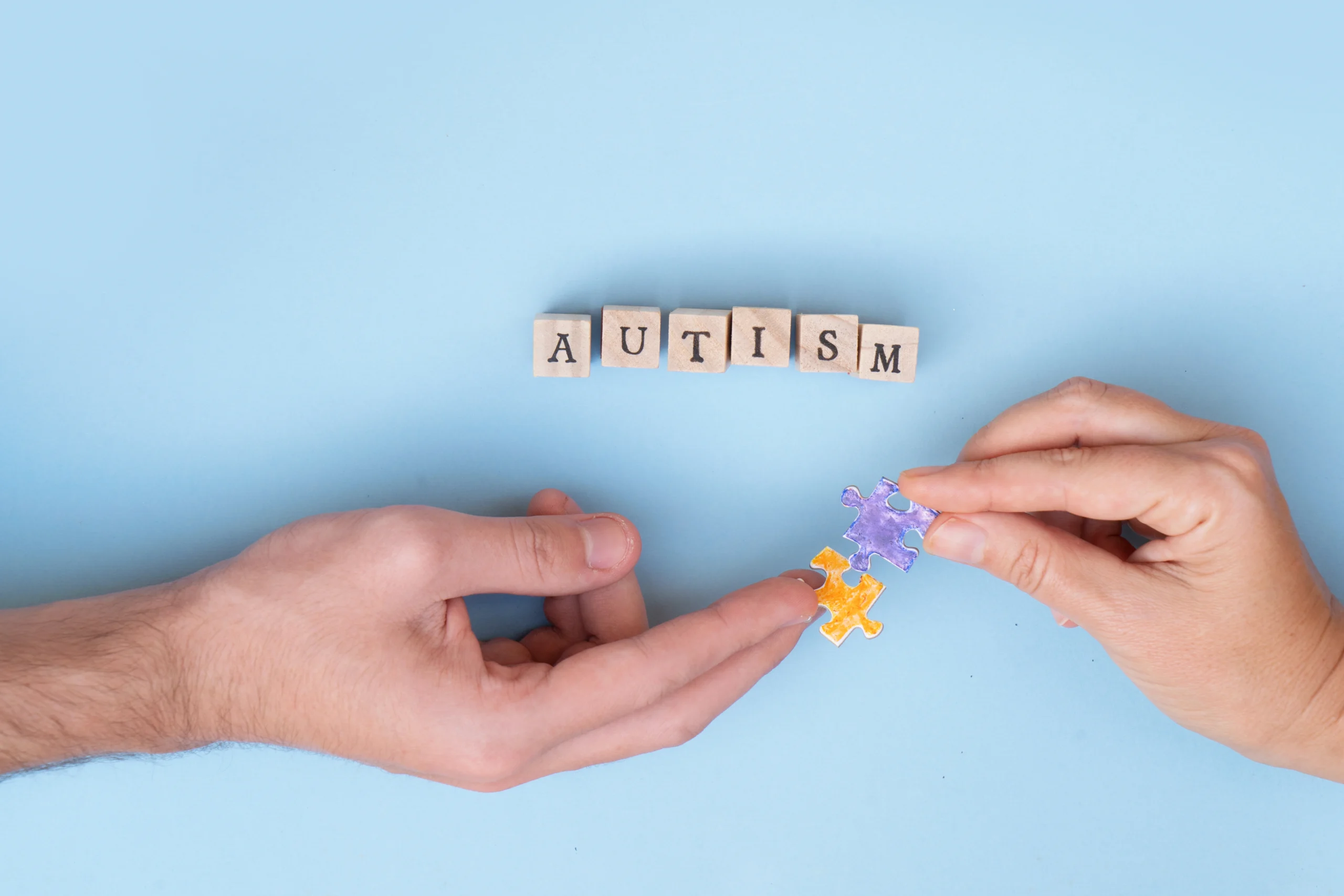As a therapist in Mumbai, I often work with individuals grappling with Post-Traumatic Stress Disorder (PTSD), a condition that can arise after someone experiences or witnesses a traumatic event. PTSD is more than just a reaction to stress—it’s a profound response that impacts both the mind and body, often lingering long after the traumatic event has passed.
Through my work as a psychologist in India, I have seen that understanding how PTSD develops can be a transformative first step toward healing. Each individual’s journey with trauma is unique, but by exploring the roots of PTSD and its symptoms, we can work together to find pathways for recovery.
What is PTSD?
PTSD is a mental health condition triggered by a traumatic experience. This could include situations like accidents, natural disasters, assault, or any life-threatening event. For some people, memories of these traumatic experiences persist intensely, leading to symptoms that can disrupt daily life. While not everyone who goes through a traumatic event develops PTSD, those who do may experience a variety of symptoms, including flashbacks, nightmares, and heightened anxiety.
Factors That Contribute to PTSD
Not everyone who encounters trauma will develop PTSD, as responses to trauma can vary greatly. Certain factors, however, can increase the likelihood of PTSD development.

- The Nature of the Trauma
The severity, frequency, and nature of the traumatic event play a crucial role. Those who experience prolonged or repeated trauma—such as abuse or exposure to violence—are at a higher risk. Extreme feelings of helplessness or fear during the traumatic event can also heighten the likelihood of PTSD. - Personal Resilience and Support Systems
Individuals with strong support systems, such as friends, family, or community support, often cope better with trauma. Social support can provide the stability and understanding that individuals need to process their experiences. In my practice, I work with clients to strengthen their support systems, which can be invaluable in recovery. - Biological and Genetic Factors
Research suggests that genetics can influence the development of PTSD. People with a family history of mental health issues may have an increased risk. Additionally, a heightened stress response due to neurochemical imbalances can also contribute to an individual’s vulnerability to PTSD. - Existing Mental Health Conditions
Individuals who already live with mental health issues, such as anxiety or depression, may find themselves more susceptible to developing PTSD after a traumatic experience. Their pre-existing conditions can amplify their response to trauma, making the process of coping and healing more challenging.
Recognizing Symptoms of PTSD
PTSD symptoms fall into four main categories:
- Intrusive Thoughts: Experiencing flashbacks, nightmares, or recurring memories of the traumatic event.
- Avoidance Behaviors: Avoiding people, places, or activities that remind one of the trauma.
- Negative Changes in Mood and Thinking: Persistent negative feelings, hopelessness, or detachment from loved ones.
- Heightened Reactivity: Being easily startled, experiencing sleep disturbances, or feeling on edge.
These symptoms can vary in intensity and impact, but they often disrupt daily life, relationships, and well-being. Recognizing these signs early can help individuals seek the support they need.
How Therapy Can Help with PTSD
For those seeking support, a PTSD specialist in Mumbai may recommend a combination of therapies designed to address trauma’s complex nature. Effective therapeutic approaches help individuals process their trauma, understand their triggers, and work toward long-term healing.
- Cognitive Behavioural Therapy (CBT)
CBT is a proven method for managing PTSD symptoms. This therapy helps individuals identify negative thought patterns related to their trauma and reframe them into healthier perspectives. It reduces avoidance behaviors and provides tools to help individuals regain control of their thoughts. In my practice, I guide clients through CBT exercises, helping them gain insight and resilience. - Exposure Therapy
Exposure therapy involves gradually confronting trauma-related fears in a controlled setting. By facing these fears, individuals can reduce the anxiety associated with their memories and gain confidence in managing them. Exposure therapy is a powerful tool that, over time, helps clients regain control over their lives. - Eye Movement Desensitization and Reprocessing (EMDR)
EMDR uses guided eye movements to help individuals process traumatic memories, reducing the emotional intensity of these memories. This approach has shown remarkable success for many clients, offering a path to healing that integrates mind and body. - Mindfulness and Relaxation Techniques
Techniques like mindfulness and breathing exercises can be highly effective in managing the heightened reactivity associated with PTSD. These practices bring a sense of calm, helping clients regain control of their physical responses to stress.
When to Seek Help
If you or someone you know is experiencing symptoms of PTSD, seeking support can make all the difference. Therapy provides a safe space to process trauma, rebuild resilience, and develop effective coping strategies.PTSD doesn’t have to define your life. By seeking therapy, you can learn to manage your symptoms, rebuild trust in yourself, and rediscover hope. For regular insights and updates on mental wellness, follow us on Instagram. Let’s work together to navigate your journey toward recovery and well-being.




